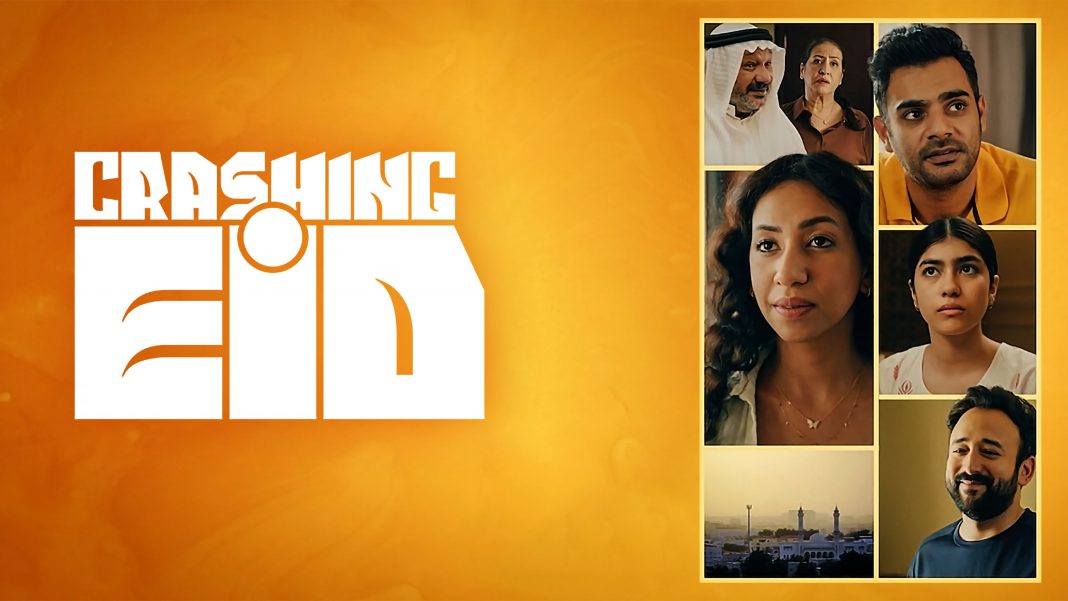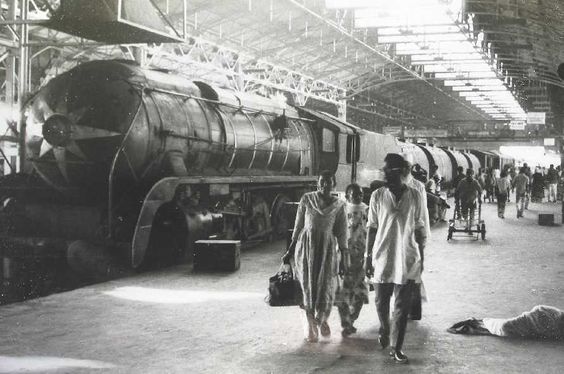With quick flashbacks, it is established that Razan was always a headstrong girl, a character trait not encouraged in a deeply conservative culture. She also has her father, Hassan (Khalid Alharbi) wrapped round her little finger, much to the exasperation of stern mother, Mona (Amani Idrees).
Razan, a divorcee, lives in London with her teenage daughter, Lamar (Bateel Qamlo). When the series opens, she proposes to her laidback British Pakistani boyfriend, Sameer, whom she has been dating for two years. (No touching though, and definitely no kissing!)
She flies home during Ramadan to spring news of her impending marriage on her parents, strictly forbidding Sameer from following her. Back home, she finds that she no longer fits into Saudi society, with her western clothes and manners. Mona pointedly leaves abayas (long gown) for her and Lamar to wear, and her father is trying to set her up with a friend’s son. There are comments about Lamar being old enough to be a bride.
Her brother, Sofiyan (Yasir Alsaggaf) has gone through a nasty divorce and is struggling for custody of his young son, but in the patriarchal way of Saudi culture, takes on the right to tell his sister what to do.
Then, Sameer lands up to give Razan and Lamar a surprise and ends up shocking them all. Even though he is a Muslim, Sameer is not considered suitable for Razan. Hassan is at least civil, Mona throws hissy fits at the sight of him. Sameer’s father, seen on video calls, is equally vehement about his son not marrying an older divorcee, when he would be catch for a young Pakistani woman.
Meanwhile, Lamar meets her estranged father and his new family, and is resentful towards her mother for cutting her off from her roots. A girl bred in a progressive Western society, willingly dresses in modest robes and is not disturbed when her father tells her to hide her ears and makes snide remarks about her upbringing.
There is a clash of cultures happening here, but directors Ali Alattas and Said Zagha keep the tone light and the melodrama in check. There are hints of a society in a flux, being forced by the times to accept progress — Saudi Arabia’s record in the area of women’s rights has been dismal. The change may be expected or demanded by women, but has to be driven by men who have traditionally been in control. The character of Hassan is affectionate and also flexible; he may tell Razan to cover up, and have Sameer’s antecedents checked out, still, he is the one most willing to listen to reason.
Crashing Eid is bland by the standards of Indian soap operas, but it is watchable.
Crashing Eid
Directed by Ali Alattas, Said Zagha
Cast: Summer Shesha, Hamza Haq, Bateel Qamlo and others
On Netflix




